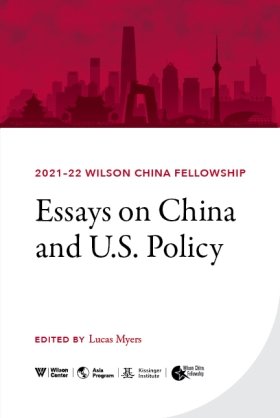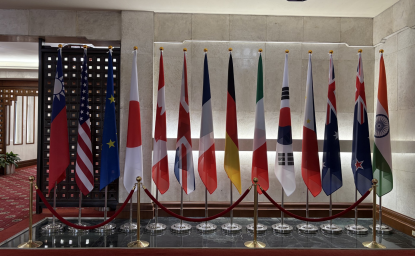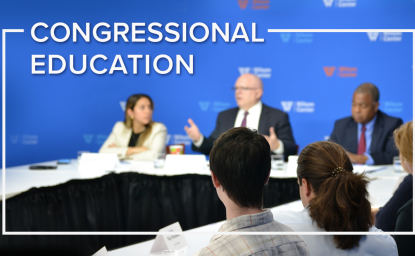Desperate Times, Desperate Measures: Slowing Growth Is Making China More Dangerous

Abstract
Most debate on U.S.-China policy focuses on the dangers of a rising, confident China. But the United States actually faces a more volatile threat: an insecure China mired in a protracted economic slowdown. China’s growth rates have fallen by half over the past decade and are likely to plunge in the years ahead as massive debt, foreign protectionism, resource depletion, and rapid aging take their toll. Past rising powers that suffered such slowdowns became more repressive at home and aggressive abroad as they struggled to revive their economies and maintain domestic stability and international influence. China already seems to be headed down this ugly path. Slowing growth makes China a less competitive long-term rival to the United States, but a more explosive near-term threat. As U.S. policymakers determine how to counter China’s repression and aggression, they should recognize that economic insecurity has spurred great power expansion in the past and is driving China’s belligerence today.
Implications and Key Takeaways
- Policymakers should think about U.S.-China competition as a decade-long sprint rather than a decades-long marathon.
- The United States and its allies must prevent China from achieving near-term successes that would radically alter the long-term balance of power. The most pressing dangers are a Chinese conquest of Taiwan and Chinese dominance of critical goods, services, and technologies.
- The United States and its allies must use tools and partnerships that are available now rather than devoting resources to cultivating assets that will require years to develop.
- The United States and its allies should focus on selectively undermining Chinese power rather than changing Chinese behavior. Instead of trying to cajole and persuade Beijing, they should focus on conducting targeted attrition on Chinese capabilities. This approach is obviously risky, but not as risky as business as usual with Beijing.
- The United States and its allies must move fast, but also avoid provoking Beijing into a violent response. Washington should eschew impassioned calls to pursue regime change in China, a full technological embargo, across-the-board trade sanctions, or major covert action programs to foment tensions and violence in China.
Author

Associate Professor of Political Science, Tufts University and Jeane Kirkpatrick Visiting Scholar, American Enterprise Institute
Explore More
Browse Insights & Analysis
Dispatch from Taipei: Looking to the Grassroots in Uncertain Times

The Transatlantic Alliance Will Survive Just Fine

Congressional Education at the Wilson Center
